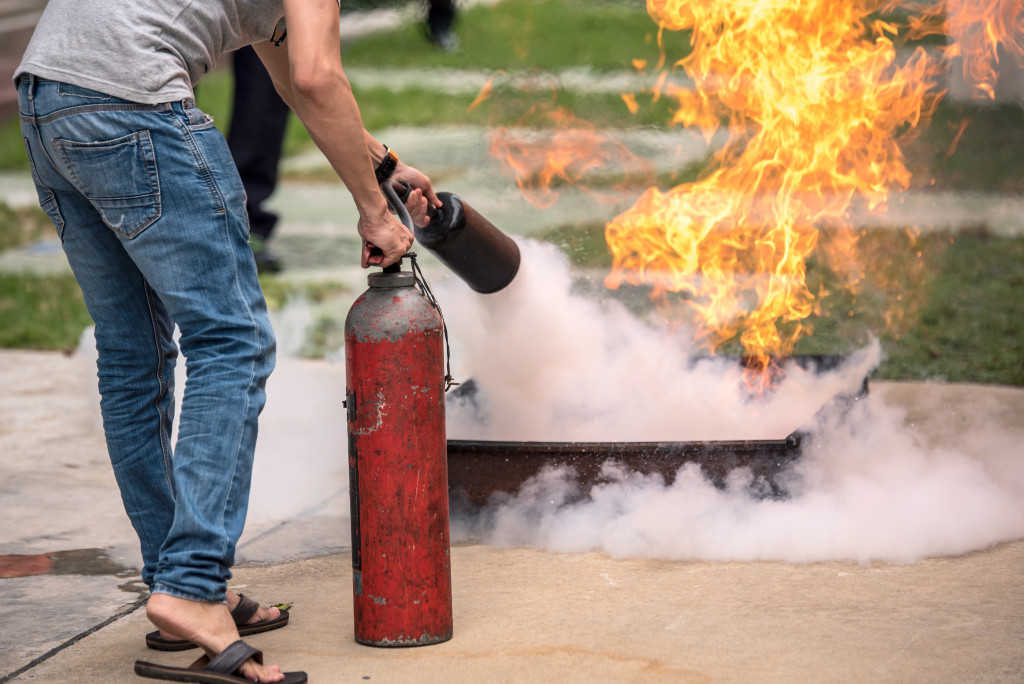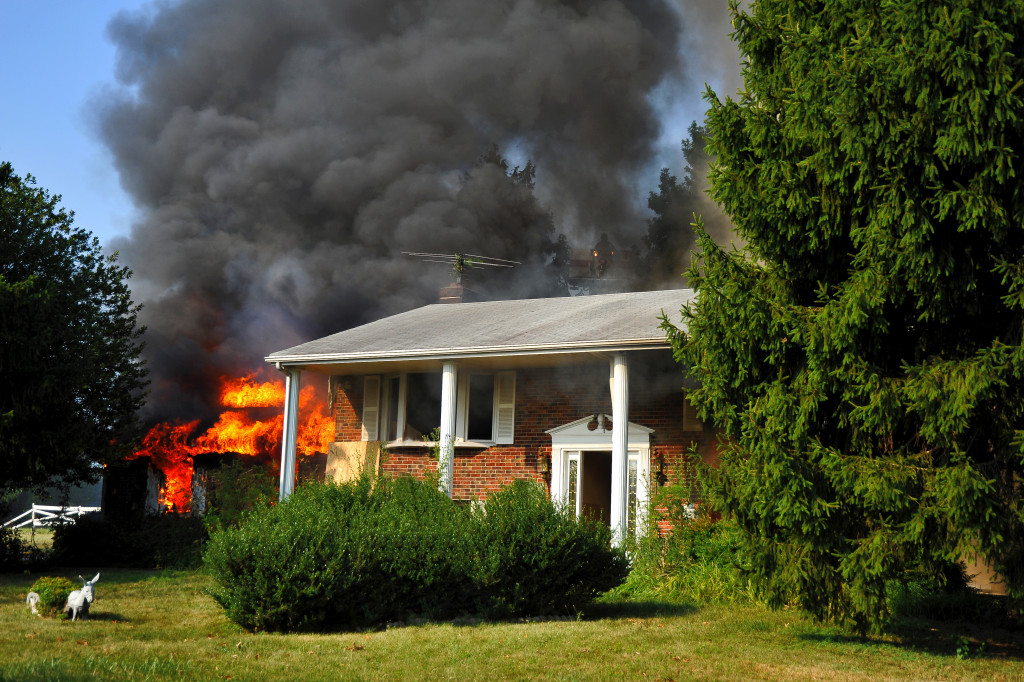Fire is a danger in every home. According to the National Fire Protection Association (NFPA), there were over a million fires reported in the USA in 2016. These fires resulted in 3,275 civilian deaths, 14,650 civilian injuries, and $10.6 billion in property damage.
The best way to protect your family from these dangers is by taking some simple precautions to prevent fires from happening in the first place. Here are some tips for preventing fire in your home:
Ensuring Proper Electric Wiring
While there are many potential causes of house fires, one of the most common is improper electric wiring. Ensuring that your home has proper electric wiring is vital in preventing fire. You can do a few things to ensure that your home’s wiring is up to code and safe.
First, have a professional inspect your home’s electrical system periodically. This will ensure that any potential problems are caught early and corrected before they become dangerous. Second, make sure that you never overload outlets or extension cords. This can cause overheating and potentially start a fire. Finally, always be careful when using heat appliances such as hair dryers and curling irons. Never leave them unattended while in use, and unplug them when you’re finished.
In case there’s a fire due to electrical problems, don’t put water on it because water is a good conductor of electricity. Instead, it is advised to hire an emergency electrician. The electrician will be able to find the cause of the problem and fix it to avoid future instances of fires. He or she will also inspect all the other wiring in your house to determine any potential problems and eliminate them.
Using Fire Extinguishers
Fire extinguishers are an essential tool for preventing fires in the home. Knowing how to use a fire extinguisher properly lets you quickly put out a small fire before it has a chance to spread. There are three main types of fire extinguishers: water, foam, and dry powder. They are used based on the class of fires, A, B, and C, respectively.
Class A fires are caused by combustible materials like paper or wood, easy for the water extinguisher to handle. Foam extinguishers are designed for Class B fires that are caused by flammable liquids such as gasoline.

Dry powder extinguishers can be used on Class A and Class B fires and on electrical fires known as Class C fires. To use a fire extinguisher, simply point the nozzle at the base of the fire and squeeze the trigger. Once the fire is extinguished, it is important to call the fire department to ensure the area is safe.
Avoiding Flammable Liquids
Flammable liquids are one of the leading causes of house fires. This includes things like gasoline, kerosene, and cleaning fluids. Unfortunately, these liquids are also common household items, which means they’re often present in homes with a risk of fire. So how can you avoid flammable liquids to prevent fire in your home?
One way is to keep them stored in safe containers. This means using containers that are designed to be fireproof, such as metal cans or glass bottles. You should also ensure that the containers are labeled clearly to know what’s inside them. Additionally, you should keep flammable liquids out of reach of children and pets. If possible, store them in a locked cabinet or room so that only adults can access them.
Finally, you should always use caution when using flammable liquids. Ensure you’re using them in a well-ventilated area and that you’re not smoking or using any other potential ignition sources while handling them.
Cooking Safety
Cooking is one of the leading causes of fires in the home, so it’s essential to be aware of some basic safety tips to prevent a fire from starting in your kitchen. First, always keep an eye on what you’re cooking. If you’re using the stovetop, don’t leave the area without attending to your food. Second, avoid using a combustible liquid, such as oil or grease, when cooking. If you must use oil, make sure to use a non-stick pan and heat the oil slowly to avoid a fire.
Third, always keep a fire extinguisher near the kitchen in an emergency. Finally, if you have any electrical appliances in the kitchen, such as a toaster or coffee maker, be sure to unplug them after use.
Following these simple safety tips can help prevent a fire from starting in your home. Candles, cooking, and fireplaces are all common causes of house fires, so it’s important to be aware of the risks and take precautions to prevent a disaster. You can enjoy your home safely all winter long by being careful and attentive.

